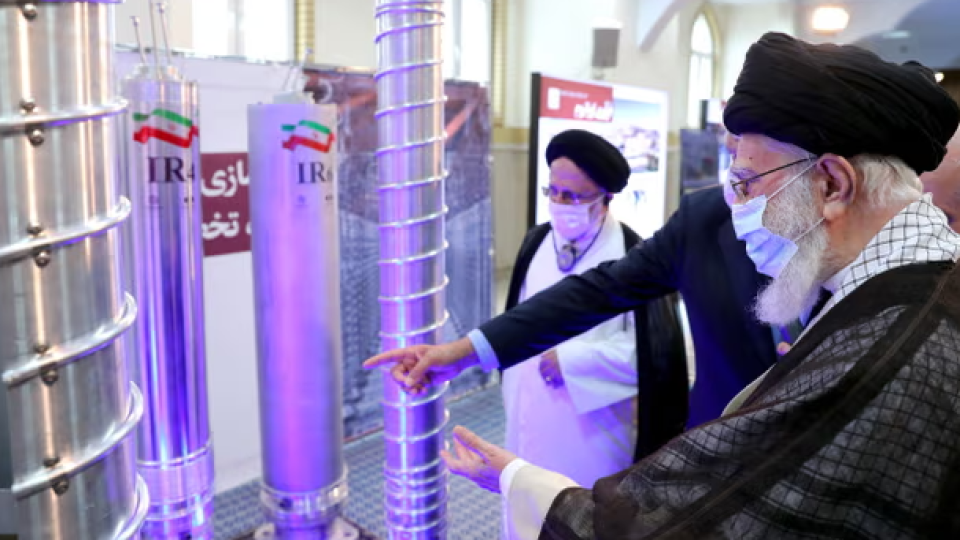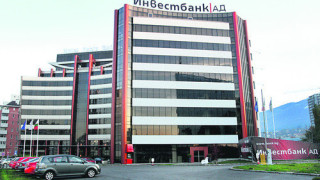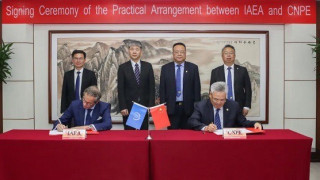The decision by the UK, France, and Germany not to lift sanctions on Iran in accordance with the timetable set out in the 2015 nuclear deal, also known as the Joint Comprehensive Plan of Action (JCPOA), is a significant development that may escalate tensions and put the future of the deal at risk.
The original JCPOA included a provision for the gradual lifting of sanctions on Iran in exchange for verifiable limits on its nuclear program. However, the E3 countries have cited Iran's alleged non-compliance with the agreement's terms, particularly concerning its levels of stored enriched uranium and access to nuclear facilities, as the reason for not lifting sanctions related to Iran's ballistic missile program.
This move is likely to anger Iran, which has consistently called for the lifting of sanctions as per the original deal. It could further strain relations between Iran and the remaining parties to the JCPOA, which include China and Russia, as well as the United States. The JCPOA was already under strain after the U.S. withdrew from the agreement in 2018 and imposed unilateral sanctions on Iran, prompting Iran to gradually breach its nuclear commitments in response.
The situation underscores the complexity of the Iran nuclear issue and the challenges of reviving the JCPOA. Diplomatic efforts and negotiations will be crucial in finding a path forward that addresses the concerns of all parties and restores compliance with the original agreement. The role of international organizations, such as the International Atomic Energy Agency (IAEA), will continue to be important in monitoring and verifying Iran's nuclear activities.









Leave a comment